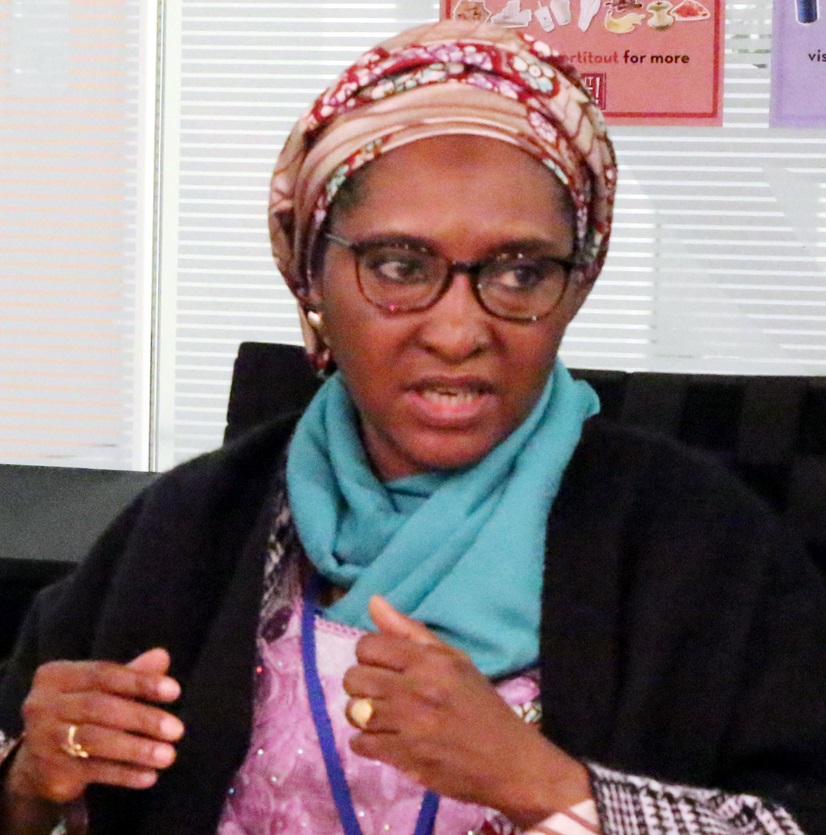BUSINESS
Finance bill will promote fiscal equity, ease of doing business – Minister

The Finance Bill, 2019 is aimed at promoting fiscal equity, international tax reforms, raising tax revenues and ease of doing business reforms.
It was reported that the Finance Bill was submitted by President Muhammadu Buhari to the joint session of the National Assembly on Oct. 14.
The Minister of Finance, Budget and National Planning, Mrs Zainab Ahmed, made this known at a meeting with Chairman and members of Senate Committee on Finance in Abuja, on Monday.
Ahmed said that coming up with such bills whenever budgets were passed had been the best practice.
“Every year when you do your annual budgeting process, you look at the fiscal laws and see what requires amendment.
“What we have here is a situation that for years we don’t amend our laws and we have made some but have left the ones that are difficult,” she said.
The minister said that the bill which was slated for a public hearing on Tuesday, 19, aimed at introducing tax reforms which would help government achieve its revenue projections for the 2020 Budget (N8.15 trillion).
She said that other proposals included an increase in the Value Added Tax (VAT) rate, moderation of inefficient and ineffective tax incentives and closing loopholes in the existing tax laws that allowed tax avoidance resulting in tax revenue leakages.
“The bill also proposes essential palliatives to support Micro- Small and Medium Enterprises (MSMEs) and mitigate the impact of the VAT rate increase on the the most vulnerable businesses, communities and citizens in the country.”
She said that some of the measures included expanding the list of VAT-exempt items such as basic food items, educational materials and medical supplies.
“Introducing a VAT registration threshold of MSMEs with a turnover of less than N25 million per annum and reducing the Corporate Tax rate for these MSMEs from 30 per cent to 20 per cent.”
Chairman of the Committee, Sen. Solomon Adeola, assured the minister that the Senate would ensure that the public was educated to see reasons why the bill should “see the light of day.”
Sen.Kashim Shettima (APC- Borno Central) said that it was a very revolutionary bill that would reposition the economy.
He urged the ministry to come up with a very broad platform of addressing the issue of digital taxation.
On insurance companies, Shettima decried that the companies had become economic albatross adding that Nigeria at the moment had very few of such companies.
“Most of them are in a comatose condition. So giving them respite is not the solution.
“They need proper monitoring and evaluation,” he said.
He said that the country’s VAT was one of the lowest globally and that citizens were unaware of where the components of the VAT went to.
“The public is unaware of what percentage is going to the State, Local and the Federal Government.”
Also, Sen. Yusuf Yusuf (APC-Taraba Central) said that the VAT did not have negative impact on the income of the common man.
“It is the middle and upper class. VAT is tied to these group of people and therefore this group of people are the ones benefiting immensely on the economy of the country.
“So it should be good reason why they should pay higher VAT,” Yusuf said.




 Davido's Net Worth & Lifestyle
Davido's Net Worth & Lifestyle 
